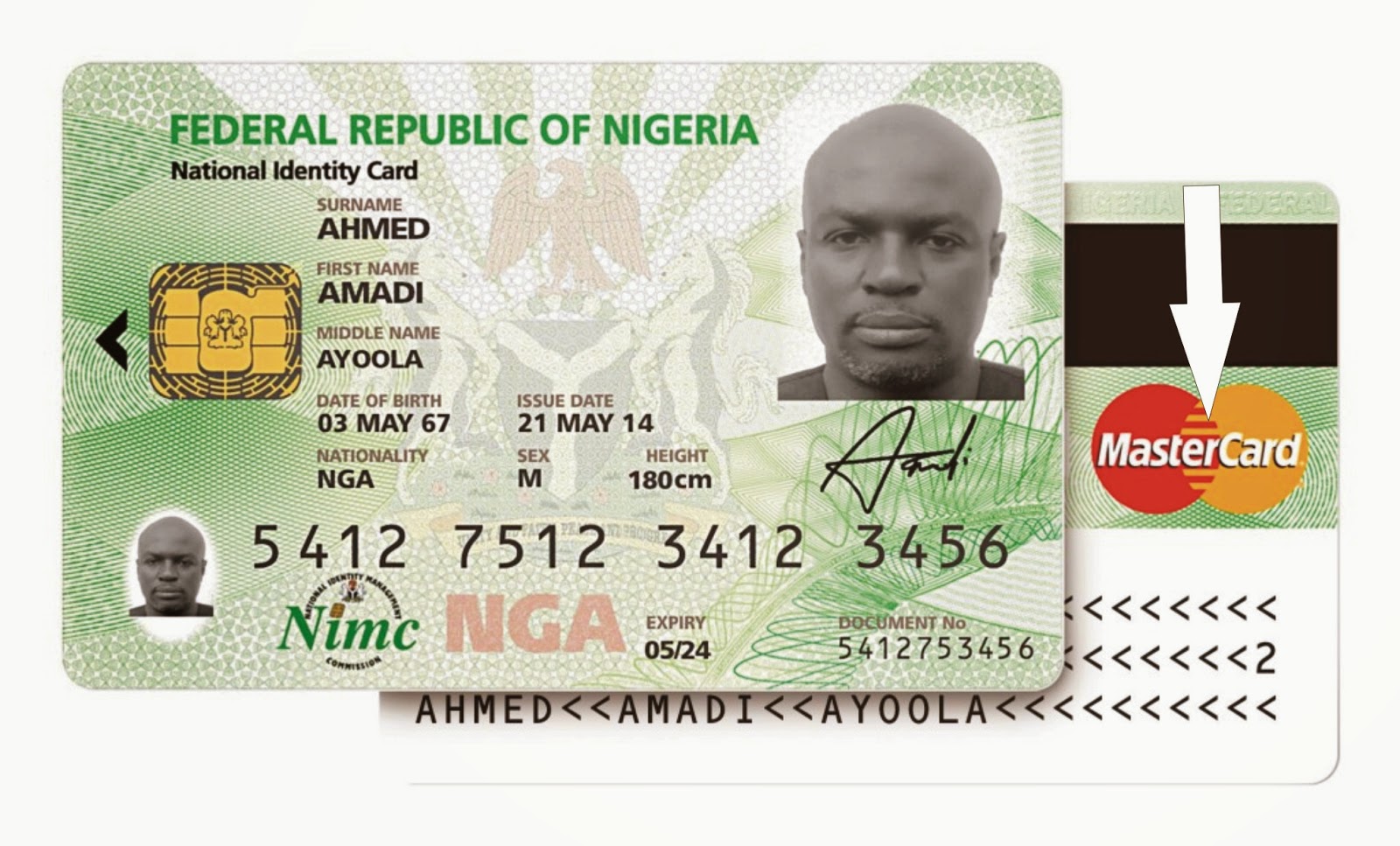NIgeria to Launch Three New National Identity Cards in May, Targets 104 Million Citizens

- NIMC Unveils Bank-Enabled, Social Intervention, and ECOWAS National Biometric Identity Cards
- Multifaceted National Identity Card Initiative Set to Address Financial Inclusion and Social Services in Nigeria
In May this year, the Federal Government is set to introduce three new national identity cards, targeting approximately 104 million citizens across Nigeria. These cards, developed by the National Identity Management Commission (NIMC), include a bank-enabled National ID card, a social intervention card, and an optional ECOWAS National Biometric Identity Card.
Thank you for reading this post, don’t forget to subscribe!
Ayodele Babalola, the Technical Adviser for Media and Communications to the Director-General of NIMC, revealed these plans in an interview with The PUNCH on Sunday. He indicated that Nigerians could expect to receive these cards within one to two months after the official launch, pending Presidential approval.
The new bank-enabled National ID card aims to cater to the needs of the middle and upper segments of society, facilitating banking transactions seamlessly. Additionally, the National Safety Net Card is designed to support urgent needs for authentication and secure platforms for government services, particularly for vulnerable Nigerians benefiting from government intervention programs.
Furthermore, an optional ECOWAS National Biometric Identity Card will be available, offering enhanced identification and cross-border travel capabilities in collaboration with the Nigerian Immigration Service.
This initiative follows a collaborative effort between NIMC, the Central Bank of Nigeria, and the Nigeria Inter-bank Settlement System. It aims to provide diverse options for domestic consumers while enhancing service delivery in a more innovative, cost-effective, and competitive manner.
Babalola emphasized that the new cards would address the essential need for physical identification while facilitating access to government and private social services. He also expressed hope that these cards would be distributed to the 104 million eligible applicants on the national identification number database by the end of December 2023.
The commission plans to activate the bank-enabled National ID card immediately after the launch to meet the needs of the middle and upper segments within the next one to two months. Additionally, digital/virtual versions of all cards will be available for individuals preferring digital formats, with limited functionalities.
However, experts have expressed mixed reactions to the initiative, citing concerns about duplication of efforts and data privacy issues. They suggest that existing platforms such as the National Identification Number (NIN) and Bank Verification Number (BVN) could fulfill similar purposes without the need for additional cards.
Despite the challenges, the government remains committed to enhancing digital identity infrastructure in Nigeria. This initiative marks a significant step towards inclusive and accessible services for all citizens, aligning with broader efforts to drive financial inclusion and socio-economic development.





